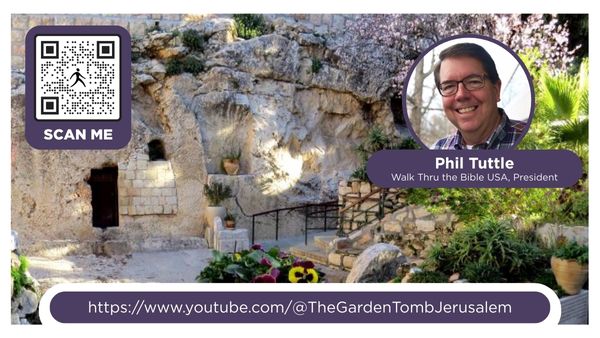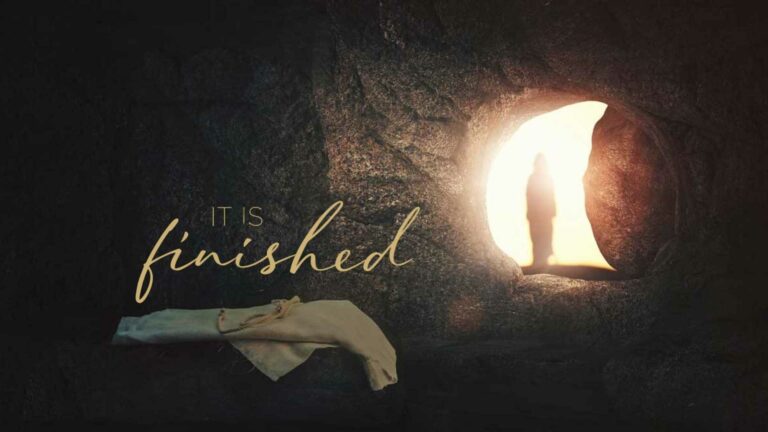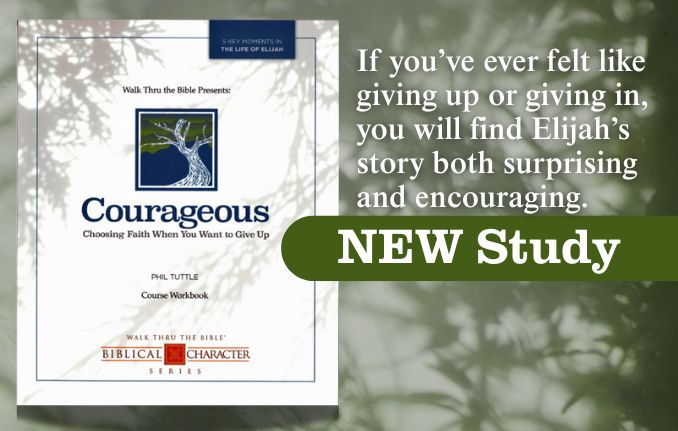 If you ever played Bible trivia growing up, you are probably familiar with Psalm 119. It has many features that make it a favorite of Sunday school teachers and Vacation Bible school leaders alike: it’s not only the longest chapter in the Bible but it’s also the longest psalm. It’s in the middle of the Bible, so it’s easy to find. And to top it off, Psalm 119 contains one of the most quoted and quotable verses in the whole Bible, verse 11: “I have hidden your word in my heart that I might not sin against you.”
If you ever played Bible trivia growing up, you are probably familiar with Psalm 119. It has many features that make it a favorite of Sunday school teachers and Vacation Bible school leaders alike: it’s not only the longest chapter in the Bible but it’s also the longest psalm. It’s in the middle of the Bible, so it’s easy to find. And to top it off, Psalm 119 contains one of the most quoted and quotable verses in the whole Bible, verse 11: “I have hidden your word in my heart that I might not sin against you.”
In addition to all these unique features, Psalm 119 spotlights the multi-faceted Word of God. This psalm has it all.
Serious Word Play
In Psalm 119, the writer, perhaps a priest, created an elaborate acrostic based on the Hebrew alphabet that gave it a formal structure in the original language. Passionate about Scripture, he used several synonyms for God’s Word, describing it as:
- law to be obeyed: “I have hidden your word in my heart that I might not sin against you” (v 11).
- testimony to be shared: “I will speak of your statutes before kings and will not be put to shame” (47).
- the way to be followed: “I have chosen the way of truth; I have set my heart on your laws” (30).
- statute to be observed: “Blessed are they who keep his statutes and seek him with all their heart” (2).
- word that God has authoritatively spoken: “Your word, O Lord, is eternal; it stands firm in the heavens” (89).
- promise that carries reward: “Be gracious to me according to your promise” (58).
 He also used surprising images to grab readers’ attention and make the truths memorable. For example, God’s Word is:
He also used surprising images to grab readers’ attention and make the truths memorable. For example, God’s Word is:
- “a path” to run in, which has set his heart free (32),
- “sweeter than honey to my mouth” (103),
- “a lamp to my feet and a light for my path” (105),
But Psalm 119 wasn’t written to prove the writer’s cleverness with acrostics or metaphors. It was written to show us how to apply its eternal truths to the daily disciplines of life: our business decisions, response to authority, choice of counselors/advisors, our approach to times of testing and discouragement, and more.
And the best way to learn those truths is to read it.
Four Ways to Read Psalm 119
- Read the whole chapter, marking verses that jump out at you. Then go back and spend some time praying about the verses you marked.
- Read one stanza at a time twice. Letting the words soak in, write down what you learn.
- As you read, write down an image that helps you better understand God’s Word and then memorize that verse.
- On a sheet of paper, put “My Most Pressing Problem,” and record your thoughts. While you read, compile a list of principles that speak directly to your situation.
 Psalm 119 is filled with rich images and deep truths about Scripture that teach us why reading and studying the Bible is so important. It also reminds us that, although people have tried to destroy it, the Bible has stood for centuries, and it will continue to do so. Another verse often quoted underscores this truth: “The grass withers and the flowers fall, but the word of our God endures forever” (Isaiah 40:8).
Psalm 119 is filled with rich images and deep truths about Scripture that teach us why reading and studying the Bible is so important. It also reminds us that, although people have tried to destroy it, the Bible has stood for centuries, and it will continue to do so. Another verse often quoted underscores this truth: “The grass withers and the flowers fall, but the word of our God endures forever” (Isaiah 40:8).
*****
Originally published in Daily Walk magazine, a devotional magazine by Walk Thru the Bible Ministries. Daily Walk magazine will help you read through the Bible in one year. Click here for more information about our magazines.

 If you ever played Bible trivia growing up, you are probably familiar with Psalm 119. It has many features that make it a favorite of Sunday school teachers and Vacation Bible school leaders alike: it’s not only the longest chapter in the Bible but it’s also the longest psalm. It’s in the middle of the Bible, so it’s easy to find. And to top it off, Psalm 119 contains one of the most quoted and quotable verses in the whole Bible, verse 11: “I have hidden your word in my heart that I might not sin against you.”
If you ever played Bible trivia growing up, you are probably familiar with Psalm 119. It has many features that make it a favorite of Sunday school teachers and Vacation Bible school leaders alike: it’s not only the longest chapter in the Bible but it’s also the longest psalm. It’s in the middle of the Bible, so it’s easy to find. And to top it off, Psalm 119 contains one of the most quoted and quotable verses in the whole Bible, verse 11: “I have hidden your word in my heart that I might not sin against you.” He also used surprising images to grab readers’ attention and make the truths memorable. For example, God’s Word is:
He also used surprising images to grab readers’ attention and make the truths memorable. For example, God’s Word is: Psalm 119 is filled with rich images and deep truths about Scripture that teach us why reading and studying the Bible is so important. It also reminds us that, although people have tried to destroy it, the Bible has stood for centuries, and it will continue to do so. Another verse often quoted underscores this truth: “The grass withers and the flowers fall, but the word of our God endures forever” (Isaiah 40:8).
Psalm 119 is filled with rich images and deep truths about Scripture that teach us why reading and studying the Bible is so important. It also reminds us that, although people have tried to destroy it, the Bible has stood for centuries, and it will continue to do so. Another verse often quoted underscores this truth: “The grass withers and the flowers fall, but the word of our God endures forever” (Isaiah 40:8).
